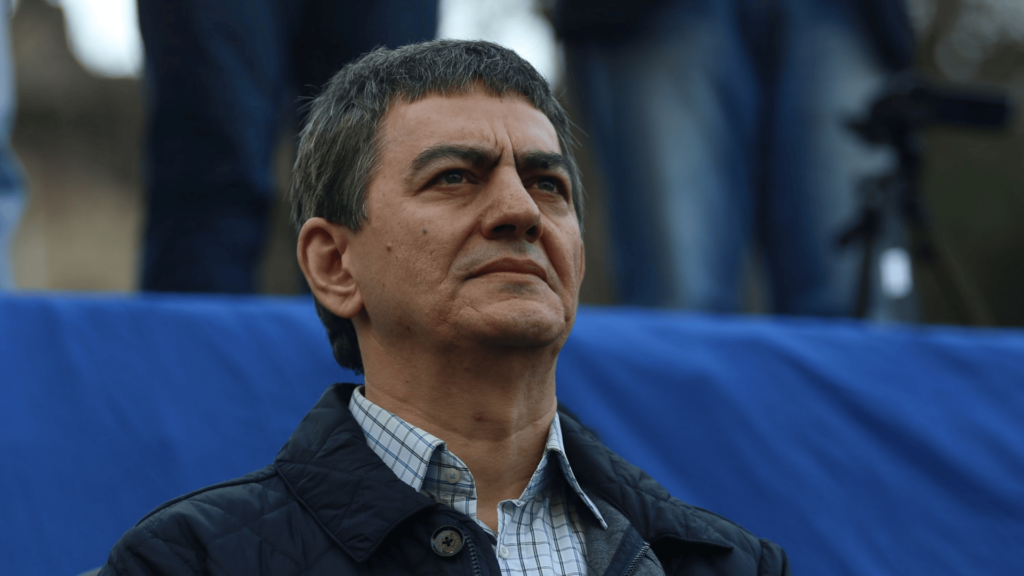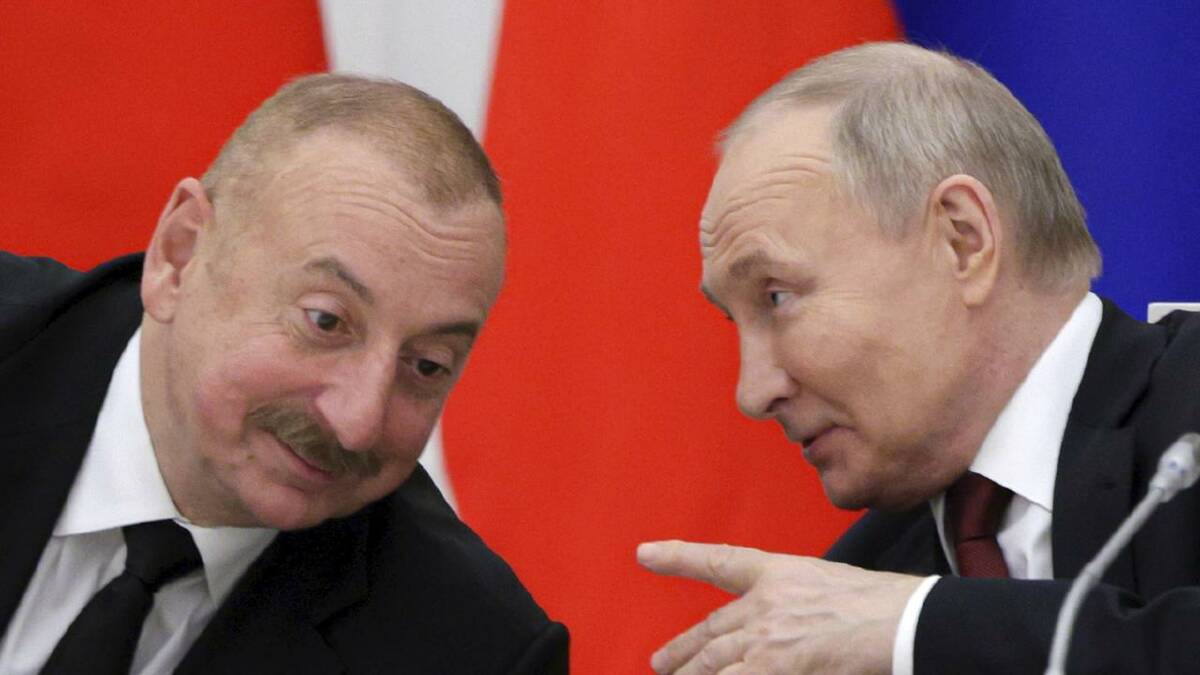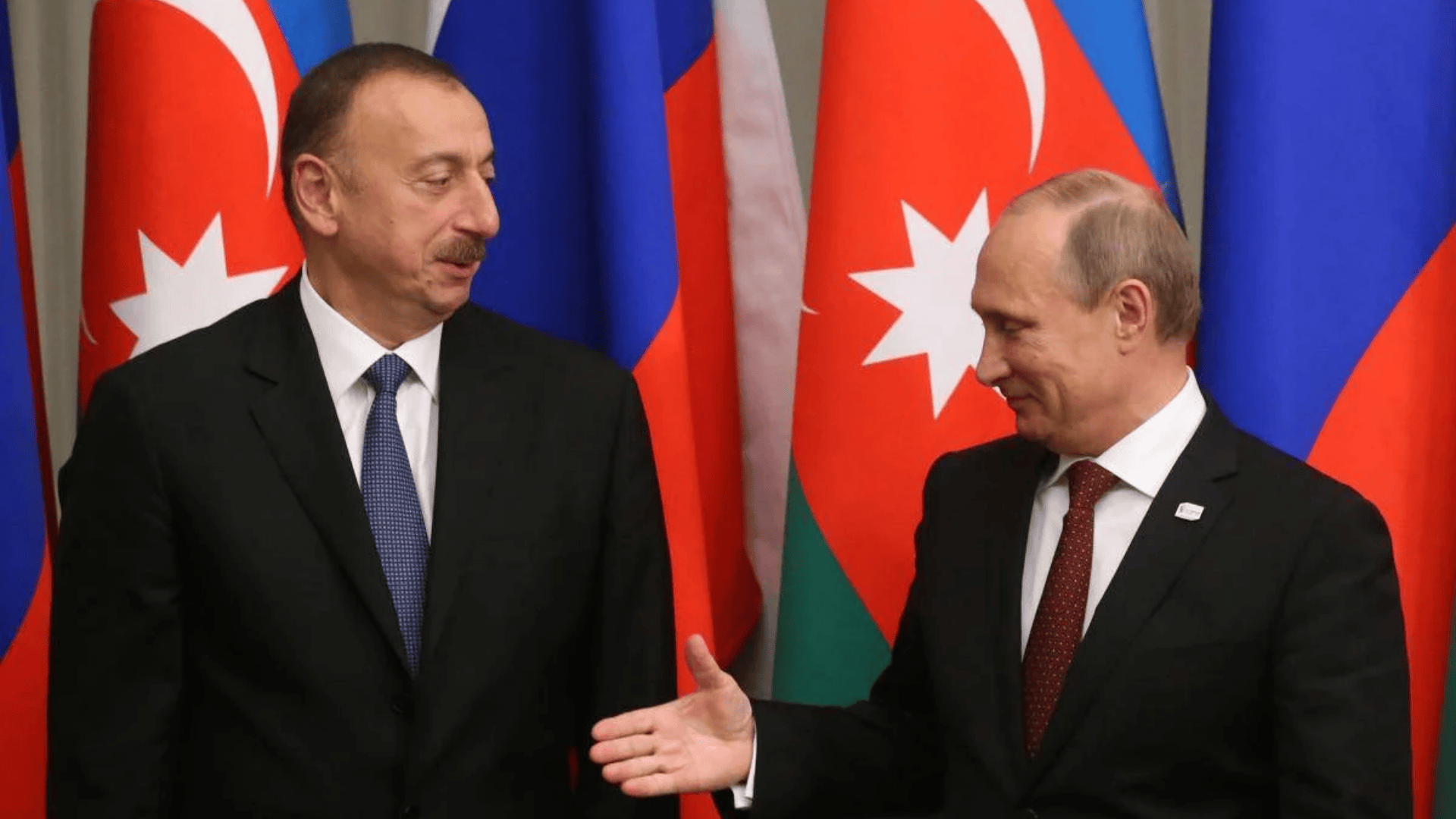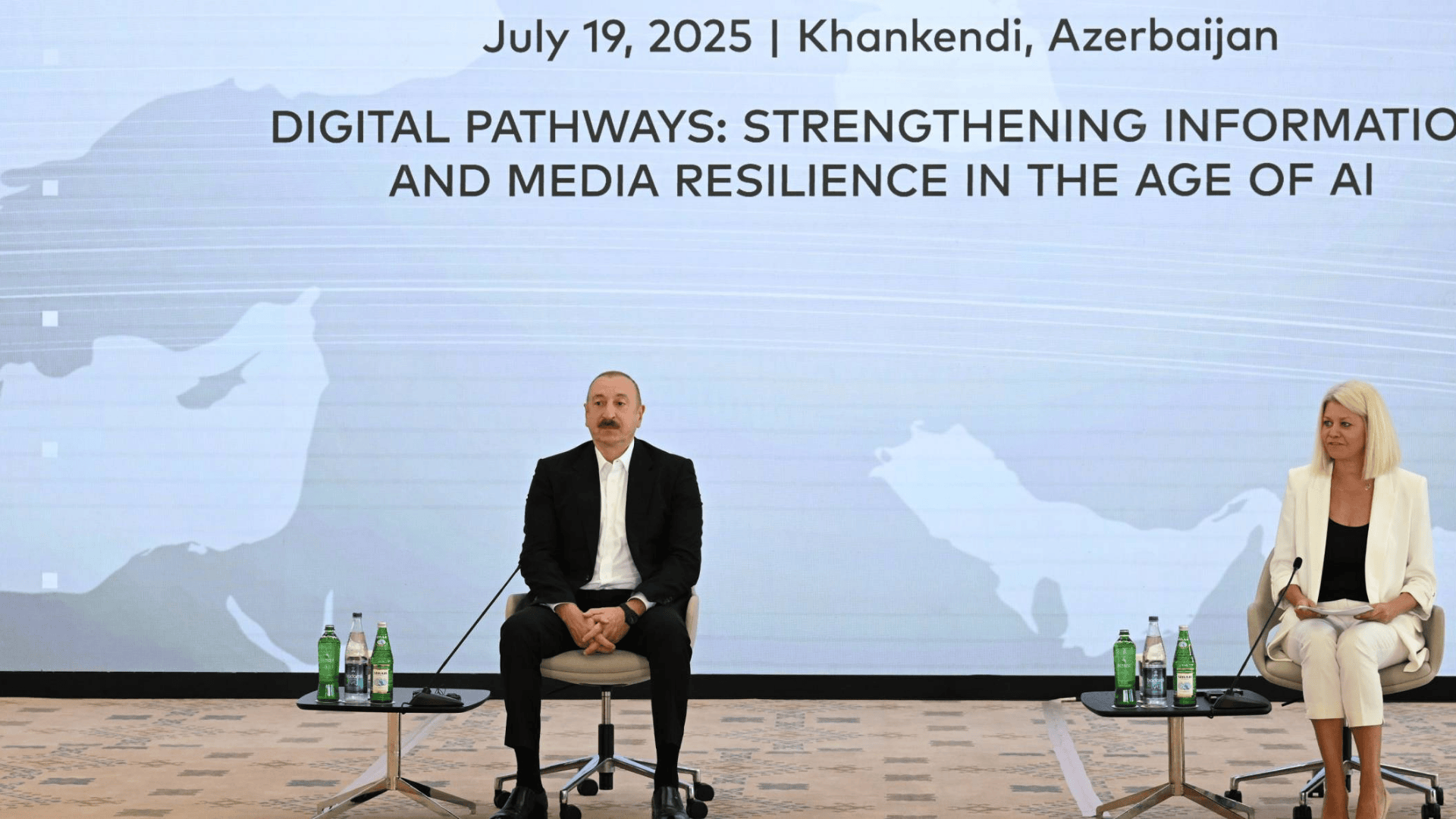Opposition leader criticises Azerbaijan’s ‘reconciliation’ with Russia
Azerbaijan’s reconciliation with Russia
An Azerbaijani delegation took part in the 23rd session of the Intergovernmental Commission on Economic Cooperation with Russia. The opposition leader criticised the move, saying that “the old ‘allies’ have agreed to strengthen ties and cooperation as though nothing ever happened.”
The delegation, led by Azerbaijan’s deputy prime minister Shahin Mustafayev, visited the Astrakhan region of the Russian Federation for the meeting.
At the session, officials from both countries discussed joint initiatives in investment, industry, transport, transit and other areas. Following the discussions, Mustafayev and his Russian counterpart, deputy prime minister Alexei Overchuk, signed the protocol concluding the commission’s 23rd session.
During the visit, Mustafayev also held talks with Astrakhan Governor Igor Babushkin to explore ways to deepen regional economic cooperation.
“The question is: why did you fall out, and why reconcile now?”

Ali Karimli, leader of the opposition Popular Front Party of Azerbaijan, criticised the latest “reconciliation.” Writing on his Facebook page, he said the authorities had restored allied relations with Russia as if nothing had happened, despite Moscow failing to meet any of Baku’s demands.
“It is tragic that our compatriots were killed under torture and illegally arrested in Russia.
It raises the question of whether there is a connection between Ilham Aliyev’s statement about preparing for war and the reconciliation between Russia and Azerbaijan. In my view, there is.
Just two weeks after signing a joint peace statement in Washington, Aliyev again spoke of preparing for war. That, of course, seemed strange and raised many questions.
The very next day, it emerged that deputy prime minister Shahin Mustafayev had travelled to Astrakhan to meet Russia’s deputy prime minister Alexei Overchuk.
The old ‘allies’ agreed to strengthen ties and cooperation as if nothing had happened. In other words, two months of grievances and rumours are now behind us. Aliyev’s government will once again speak of peace, then of war, one day about friendship with Trump, the next with Putin.
The question is: why did you fall out, and why reconcile? Did you not say you were boycotting cooperation with Russia? Did you not declare that you would not accept the torture and killing of our compatriots in Yekaterinburg? Have those who tortured them to death been arrested and we simply don’t know? Or perhaps our compatriots imprisoned in Russia have been freed without the people being told?”
“Did you not say that you would not reconcile with those who escaped responsibility for shooting down our plane in Russian airspace? What happened — have the Russian authorities arrested those who brought down our plane?
It is unacceptable to reduce the country’s foreign policy, conducted on behalf of the state, to such a frivolous level. What is happening is a failure of the Azerbaijani authorities and shows that they are incapable of pursuing a consistent policy or defending our compatriots.”
Context
In recent months, relations between Azerbaijan and Russia have sharply deteriorated. Key developments that deepened the rift include the downing of an Azerbaijani passenger plane, police raids against Azerbaijanis living in Russia, as well as mutual accusations in the media and at the diplomatic level.
Official Baku maintains that it seeks to address these issues within the framework of international law. Experts, however, say that Russia’s passive and at times aggressive responses have pushed relations into a new phase of crisis.
The incident in December 2024, when an AZAL passenger aircraft was shot down near the Kazakh city of Aktau, marked a turning point. The Azerbaijani side insists the plane was downed by Russian air defence systems. President Ilham Aliyev raised the matter with the international community, calling the incident a gross violation of international law.





















